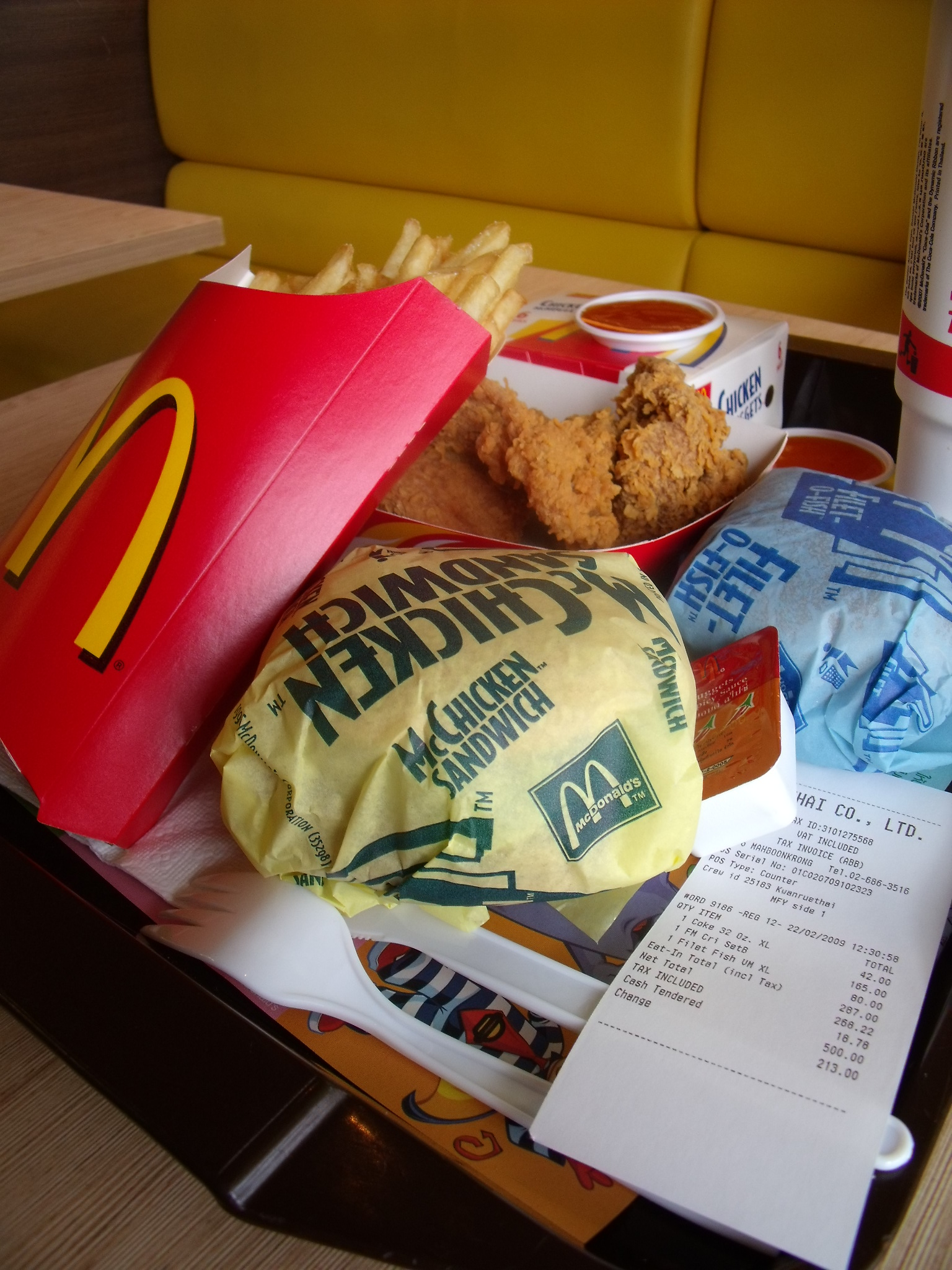As reported by AP, the cost of a small portion will be $ 0,79, or 500 bolivars, according to the official rate of the National Bank of Venezuela. A large portion will cost $ 1,26, or 800 bolivars.
If counted on black market prices, the medium portion will cost about 60 cents, and large - $ 1.1. Although, average salary in the country is around $ 13 at the unofficial exchange rate.
Such an absurd situation has been made possible due to the severe economic crisis in which the country finds itself after the attempted introduction of strict exchange control.
National authorities’ tries to restrain growth in consumer prices by fixing the exchange rate have provoked complete destruction of the currency market, which replaced the gray market of money jobbers.
Before Nicolas Maduro’s coming to power, Dollar did not exceed 17 Bolivars. The new government had decided to deal with high inflation by fixing the dollar at the level of 6.3 bolivar, but such measures only worsened the situation, triggering hyperinflation, as essential goods immediately disappeared from the shelves of shops and became available only from dealers.
According to calculations of economist Steve Hanke of Johns Hopkins University, hyperinflation in Venezuela exceeded 500%, which negates the purchasing power of Venezuelans’ income. According to the Venezuelan Centre for Documentation and Analysis for Workers (Cendas), now purchase of a minimum set of food for a family requires eight minimum wages.
Shortages caused growing discontent among the population in some regions of the country; in some regions, authorities had to use power to master disgruntled citizensIn the city of Guyana, crowd attacked large shopping centers, wanting to buy essential goods. Looting and riots started immediately after the stores were opened. The security forces immediately responded to this, resulting in about 60 people arrested, one killed.
In Venezuela, the country's leadership prefers to spend oil revenues on various social programs for avoiding social unrest and preserve power. It is clear that social programs cannot improve the infrastructure, it's just a waste of money, which does not and cannot yield any favorable result.
Simply put, Venezuela is not investing in the future, so all the oil infrastructure is rotting, production is stagnating, and even oil prices fell about twice for the year. It is clear that the country, that has almost all of its revenues derived from the export of hydrocarbons, can hardly be glad for it.
original by Frida Garza, qz.com
If counted on black market prices, the medium portion will cost about 60 cents, and large - $ 1.1. Although, average salary in the country is around $ 13 at the unofficial exchange rate.
Such an absurd situation has been made possible due to the severe economic crisis in which the country finds itself after the attempted introduction of strict exchange control.
National authorities’ tries to restrain growth in consumer prices by fixing the exchange rate have provoked complete destruction of the currency market, which replaced the gray market of money jobbers.
Before Nicolas Maduro’s coming to power, Dollar did not exceed 17 Bolivars. The new government had decided to deal with high inflation by fixing the dollar at the level of 6.3 bolivar, but such measures only worsened the situation, triggering hyperinflation, as essential goods immediately disappeared from the shelves of shops and became available only from dealers.
According to calculations of economist Steve Hanke of Johns Hopkins University, hyperinflation in Venezuela exceeded 500%, which negates the purchasing power of Venezuelans’ income. According to the Venezuelan Centre for Documentation and Analysis for Workers (Cendas), now purchase of a minimum set of food for a family requires eight minimum wages.
Shortages caused growing discontent among the population in some regions of the country; in some regions, authorities had to use power to master disgruntled citizensIn the city of Guyana, crowd attacked large shopping centers, wanting to buy essential goods. Looting and riots started immediately after the stores were opened. The security forces immediately responded to this, resulting in about 60 people arrested, one killed.
In Venezuela, the country's leadership prefers to spend oil revenues on various social programs for avoiding social unrest and preserve power. It is clear that social programs cannot improve the infrastructure, it's just a waste of money, which does not and cannot yield any favorable result.
Simply put, Venezuela is not investing in the future, so all the oil infrastructure is rotting, production is stagnating, and even oil prices fell about twice for the year. It is clear that the country, that has almost all of its revenues derived from the export of hydrocarbons, can hardly be glad for it.
original by Frida Garza, qz.com






